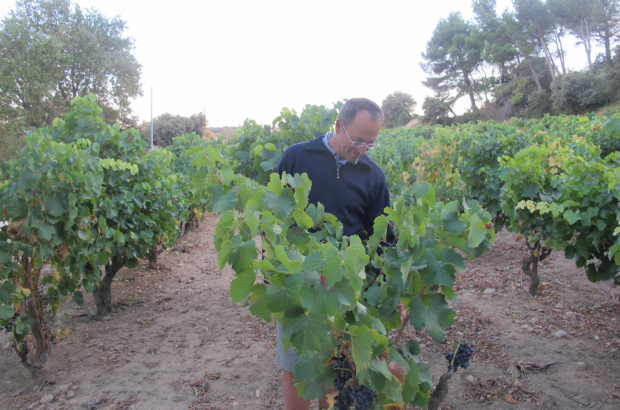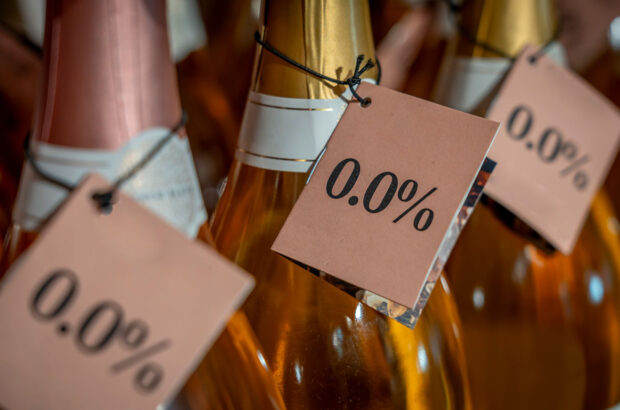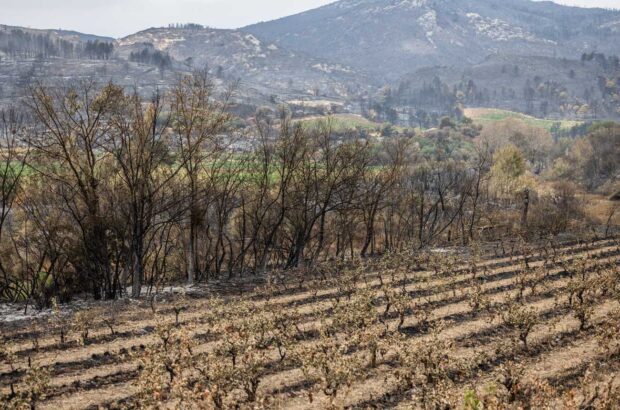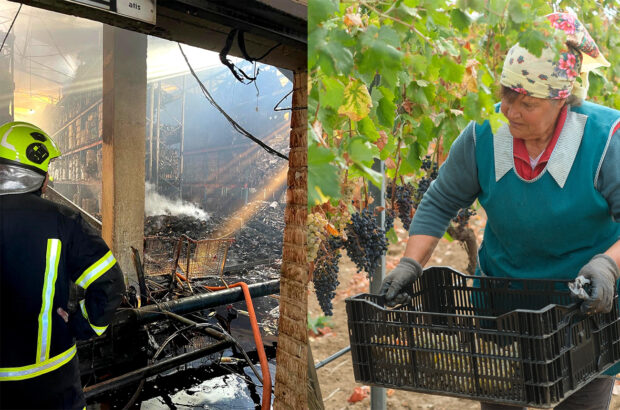Ahead of – and beyond – the celebration of International Women’s Day on 8 March, this year’s edition of Barcelona Wine Week (BWW) held a special tasting and panel discussion on ‘Vinos de Autora’, featuring a stellar line up of wines produced under the technical direction of female winemakers. It showcased female talent in the best possible way: without a ‘gendered’ perspective but rather, and simply, by showcasing their work and experience.
Knowledge and talent – beyond gender
Moderated by the Catalan sommelier and journalist Meritxell Falgueras (also fifth generation at the helm of Celler de Gelida) the panel included Laura Tragant (head winemaker at Codorníu, Sant Sadurní d’Anoia), Martina Prieto Pariente (winemaker and second generation, Bodegas Prieto Pariente, Rueda), Amor López (winemaker and founder, Bodega Erupción, Lanzarote), Mireia Pujol-Busquets (winemaker and second generation, Alta Alella, Alella), Mayte Calvo de la Banda (technical director, Bodegas Bilbaínas, Rioja), Anne Cannan (winemaker and second generation, Clos Figueras, Priorat), María Barbadillo (winemaker, Bodegas Barbadillo, Jerez) and Clara Verheij (winemaker and founder, Bodegas Bentomiz, Málaga). All the presenters are members of Mujeres del Vino, a collective, spearheaded by Cannan, that advocates for the visibility of women working across the different sectors of the wine sector, from the vineyards to the restaurant table.
The group brought to the table a wealth of winemaking talent as well as entrepreneurial acumen and experience navigating complex sets of challenges – not least by virtue of having built successful careers in a once male-dominated industry and, in some cases, carved their own personal identity from established family legacies.

Clara Verheij, Mayte Calvo de la Banda, Anne Cannan, Laura Tragant, Martina Prieto Pariente, Amor López, Mireia Pujol-Busquets and Meritxell Falgueras, at the Vinos de Autora session during BWW
Diversity and resilience
One couldn’t help but wonder whether there isn’t some correlation between greater inclusivity – of gender, background, nationality and philosophy – and the outstanding evolution that Spanish wine has experienced in the last 30 years, both on the quality and creative front. And, as the panel highlighted, a more diverse language and vocabulary of wine ultimately lead to more inclusivity among consumers as well.
The heterogeneity of the panel – with winemakers from very different personal and professional trajectories – offered a glimpse of the vibrancy of the Spanish wine scene, enriched as much by the continuity and stability of longstanding family-owned businesses (Barbadillo, Prieto Pariente), modern pioneering projects capable of mobilising their respective DOs (Alta Alella, Erupción) and ventures lead by passionate foreigners, bringing with them a different vision and maverick determination (Clos Figueras, Bentomiz).
Indeed the session focused not just on matters of gender equality and representation but also, and perhaps more topically, on the issues affecting the Spanish (and world) wine industry broadly. It was a vibrant discussion that presciently touched on economical and political setbacks, climate change and social sustainability – the latter deeply co-dependent on greater inclusivity and equality among the work force.
Eight wines, many more questions
The eight wines tasted served as an easy, logical thread – natural prompts to each of the topics raised, starting with Barbadillo’s ÁS de Mirabrás Sumatorio, which contextualised the need to preserve – while reinventing – traditional styles by reinterpreting the classics and asserting a personal (and generational) identity.
Both Erupción’s Milagro de Magmasia and José Pariente’s Finca Las Comas made the case for the preservation of ancient soils and old vines (one of the key focusses of BWW this year) of which Spain has a particularly significant stock. Maintaining them comes at great cost and requires significant resources, but the importance of such investment cannot be understated, especially in light of climate change. Following several vintages of heatwaves and drought, the resilience of old vines became apparent; able to deliver yields – albeit low – of great quality fruit was a lifeline for many producers and also an eye opening case study of sorts.
The need to preserve genetic diversity and allow plants to reach a level of self-sufficiency highlighted the relevance of old vines as a sustainability asset that ultimately also produces some of Spain’s best wines.

Anne Cannan and Meritxell Falgueras
These same topics would again resurface while tasting Clos Figueras’ Font de la Figuera and Bodegas Bilbaína’s Viña Zaco. The latter further triggered an exchange about the ongoing – and sometimes heated – debates on the move, from key denominations of origin (notably Rioja, Bierzo and Priorat), to place greater emphasis on terroir as part of their classification framework.
As a bridge between the white and red wines, Codorníu’s moreish premium traditional method sparkling Ars Colecta Tros Nous catalysed an interesting discussion on style, quality and meeting – or defying – consumer expectations. Tragant asserted the need to be fearless about the quality and value (and price!) of the wines Spain produces – something that, as all speakers agreed should easily rest upon the country’s terroir diversity and viticultural heritage.
Lastly, and suitably, Verheij gave a lesson of perseverance by recounting her journey from Dutch transplant to champion of a denomination with one of Spain’s longest traditions of winemaking and shipping, which Bentomiz has helped revive in the 21st century.
By weaving the technical with the critical and personal, the panelists contributed to an engaging session that, by not relying on wine jargon, made the wines in the glass all the more relatable – and the larger issues on the table more easy to contextualise.
Overall the session was a tribute to creativity, knowledge and resilience. It offered an interesting journey through regions and wine styles in need of more representation themselves. And, against the backdrop of a troubled political and socio-economic context, it made the case for not taking any achievements or progress for granted.
Vinos de Autora – Eight wines to try:
All wines tasted at Barcelona Wine Week, between 3 and 5 February 2025.
Wines grouped by style and ordered by score, in descending order.







